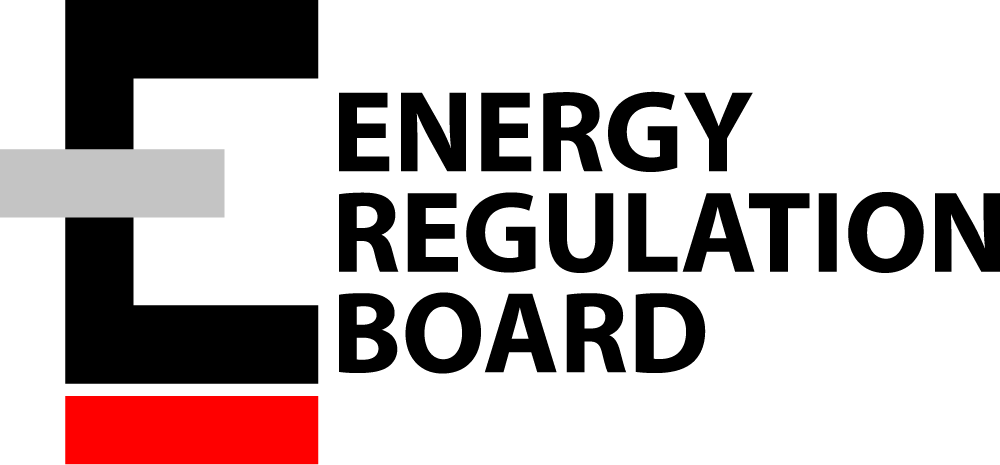To be the benchmark of excellence in energy regulation in Africa

The role of the Energy Regulation Board is to ensure consumers receive a quality service at an affordable price while balancing a reasonable rate of return to energy utilities. In order to carry this out, the ERB ensures that all energy utilities in the sector are licensed, monitors levels and structures of competition, investigates and remedies consumer complaints.
Electricity
Fostering a reliable and affordable electricity supply, safeguarding consumer rights, and encouraging sustainable energy practices.
Petroleum
Ensuring the efficient and safe distribution of petroleum products while protecting consumer interests, and minimising the environmental impact.
Renewable
Reducing greenhouse gas emissions, promoting energy independence, creating job opportunities, and a transition to a cleaner, more sustainable energy future.
CURRENT FUEL PRICES
Retail pump prices and posted airfield price for april 2024
Petrol
Diesel
Kerosene
Jet A-1 (KKIA)
News Updates
Press Statement – Countrywide Fuel Supply
The Energy Regulation Board (ERB) wishes to assure members of the public that it is aware of and regrets the intermittent supply of Diesel currently
April 2024 Price Build-ups
Download Pump Price Build-ups for April 2024 Pump Price Build-up for April 2024 Wholesale Price Build-up (Petrol, Diesel and Kerosene) for April 2024 Wholesale Price Build-up
Request for Expressions of Interest (Consulting Services)
Zambia ITEZHI-TEZHI TRANSMISSION LINE PROJECT DEVELOPMENT OF A COST-OF-SERVICE STUDY GUIDEBOOK FOR ZAMBIA Energy Sector Financing Agreement reference: Project ID No: P-ZM-FA0-003 Date: 25 March
ERB Imposes K75,000 Fine and Cautions Licensees for Breaching Licence Conditions
The Energy Regulation Board, in adherence to the provisions outlined in the Energy Regulation Act No. 12 of 2019, has taken enforcement action against NDS

Consumer Complaints
Any person or consumer may seek the ERB’s intervention if they are dissatisfied with the handling of their complaint by an energy utility or they consider the outcome inconclusive.
CALL TOLL FREE ON 8484
Online services FROM ERB
The Energy Regulation Board has developed online portals to make it easy for consumers, energy sector partners and stakeholders to engage with us. Our aim is to make it a seamless and transparent experience.